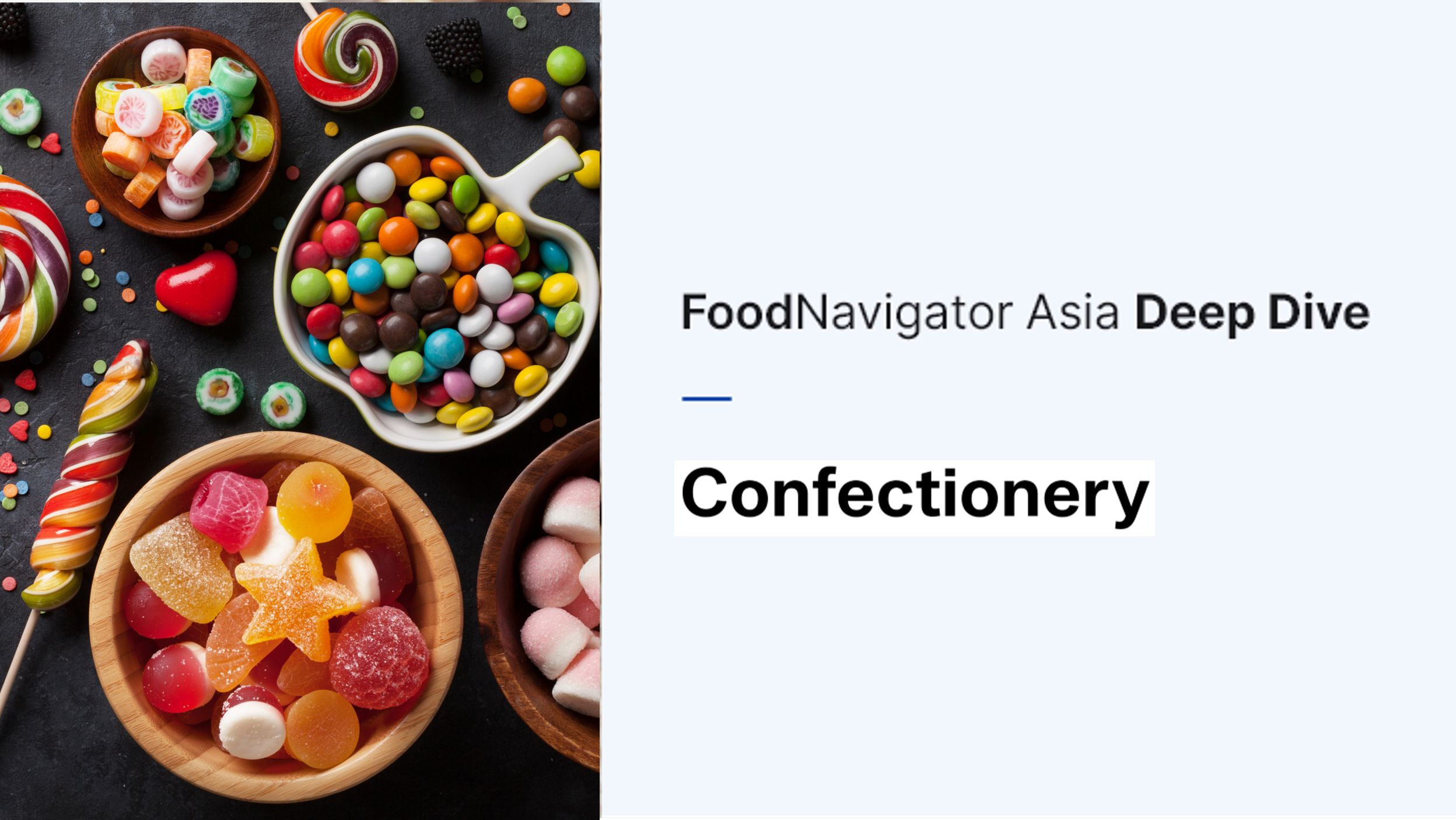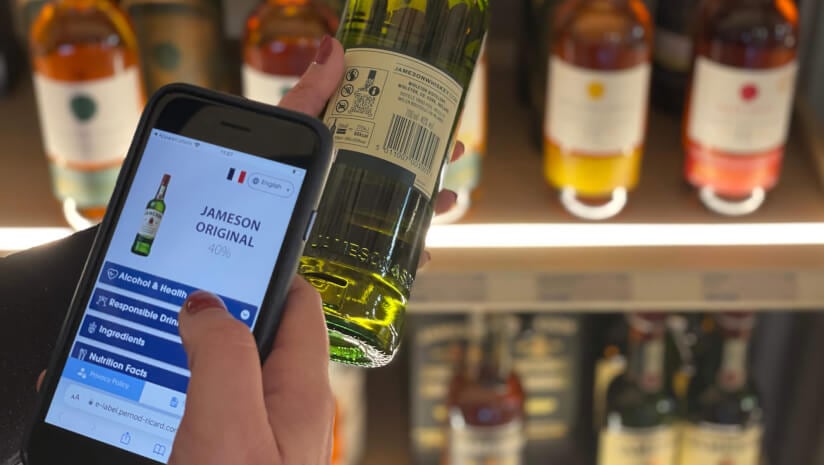BIKA on crucial role of novelty, localisation when marketing snacks to AMEA schoolkids
Malaysia-based snacks brand BIKA has said a more nuanced approached beyond price-sensitivity is key for snacking success, even when it comes to school children.
BIKA has been well known for its large range of tapioca-based snacks sold in Malaysian school canteens as well as various retail outlets for over four decades, particularly its Chicken and Vegetable variants of classic chips.
While its branding continues to inspire recognition amongst local consumers and schoolchildren today, the firm has found that many more nuances need to be fulfilled in order meet today’s snacking demands – even amongst schoolchildren.
“It has become clear that whether it is children spending money to buy snacks at canteens, or adults buying snacks from supermarkets today, the trend in snacking has shifted to become less price-sensitive but with a high demand for new things, things that no one has ever thought of before,” BIKA spokeswoman Eryn Wong told FoodNavigator-Asia.
Cambodia alcohol industry takes steps towards self-regulation with nationwide policy research
Cambodia’s alcohol industry is moving towards the next steps of self-regulation with a nationwide survey aimed at providing ‘practical policy recommendations’ to the government regarding responsible alcohol consumption.
Cambodia is currently one of few countries left globally that does not have a minimum Legal Purchase Age (LPA) to buy alcohol, leaving minors in the country vulnerable to its influence.
The Cambodian government only recently proposed draft alcohol legislation including an LPA to limit minor access to alcohol, and the local alcohol industry believes that there is even more that can be done, with the Asia Pacific International Spirits and Wine Alliance (APISWA) now funding new research on the matter.
The study will be led in a collaborative effort between the Southeast Asia Public Policy Institute (SEAPPI) and the Asian Vision Institute (AVI).
“Understanding and addressing the social and economic implications of alcohol consumption is critical to fostering a healthier and more sustainable future for Cambodia [and] this marks a significant step in shaping evidence-based policies that promote responsible consumption,” AVI President Dr Chheng Kimlong said.
Carlsberg Malaysia pledges to continue with premium strategy despite Singapore sales dip
Carlsberg Malaysia is forging ahead with its premiumisation strategy across Malaysia and Singapore despite sales in the category dipping in the last quarter of 2024.
Carlsberg Brewery Malaysia Bhd (Carlsberg Malaysia) recently announced its FY2024 full-year financial results, reporting an overall 5.1% year-on-year growth in revenue to RM2.4bn (US$539.9mn) and 4.3% year-on-year growth in profits to RM415.9mn (US$93.6mn).
But despite the apparent uptick in performance, company Managing Director Stefano Clini stressed that this is not indicative of smooth sailing in the year ahead.
“The higher earnings were benefitted by higher sales in Malaysia, mainly from the longer selling period for 2024’s Chinese New Year (CNY) and an early selling period of CNY 2025 in Q4 2024,” he told the floor during the firm’s most recent investors’ meeting.
Bespoke blooms: Petale Tea on finding a niche in Singapore’s crowded hot beverage category
Singapore’s Petale Tea believes it has found a unique niche in the market for premium, personalised consumption in the shape of blooming tea balls.
Petale lays claim to being the first blooming tea specialist in Singapore across both retail and foodservice, and its claim to fame comes from both its unusual flavours as well as the unique presentation of its products.
“Tea balls are handmade balls with a tea base and flowers hand-sewn onto this base, which start off as a literal ball but will bloom into a bouquet once the tea is brewed,” Petale Tea Founder Rosemary Kwa told FoodNavigator-Asia.
“Tea itself does have some health benefits like sugar management and dementia prevention, but we do not focus on that – our main unique selling point lies in the entire experience of the tea-drinking.
“Most consumers in Singapore are already pretty mature tea drinkers and there are also many tea brands here too, so there is that pressure to create something very interesting and very new [in order to attract consumers here], which is why our emphasis is on the experience aspect of watching the tea ball bloom, as well as letting them make bespoke blends.
SPC Group eyes bigger slice of halal market, Malaysia plant to boost expansion in SEA, ME
South Korean food major SPC Group’s recently completed manufacturing plant in Malaysia will help drive its growth in South East Asia and the Middle East.
SPC Group is known for being home to brands such as SPC Samlip and Paris Baguette, of which the latter has around 4,000 outlets worldwide.
According to the company, Paris Baguette is one of the fastest-growing bakery brands, and the opening of this plant would facilitate a seamless, efficient supply chain that supports the brand’s growing international presence.
“Food is more than just what we eat. Through food, we connect with people, honour our heritage, and create meaningful experiences that bring communities together. With the Johor Production Centre as a strategic manufacturing hub, we aim to bring wholesome and delightful flavours to the 2bn consumers in the halal market across South East Asia (SEA), the Middle East, and beyond.
“This milestone is not only about business expansion, but also about building stronger connections, creating job opportunities, and celebrating the rich and diverse cultures of the communities we serve,” said Young-In Hur, Chairman of SPC Group, at the plant’s inauguration ceremony.





